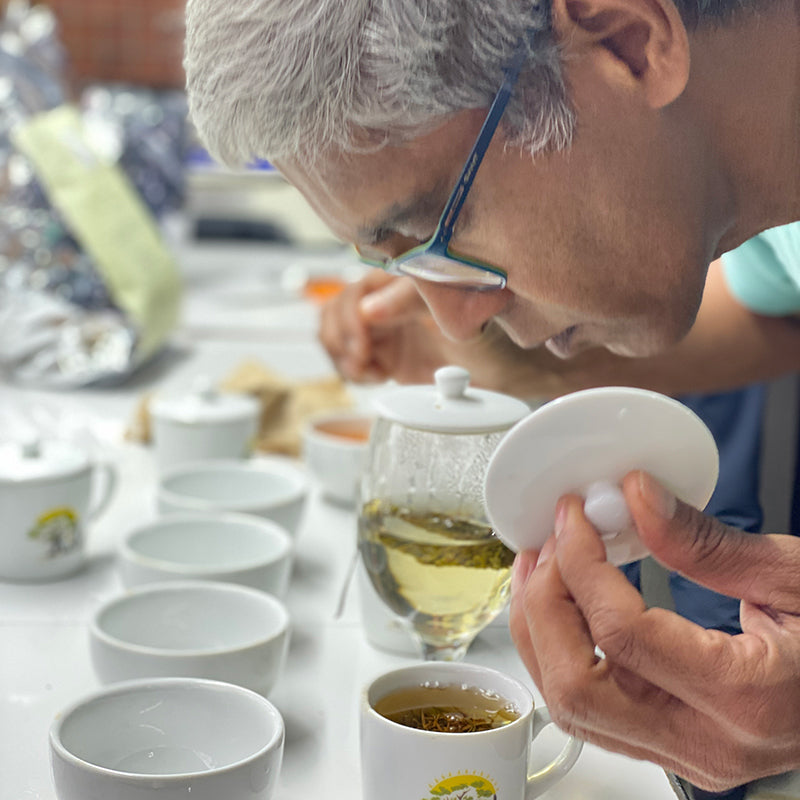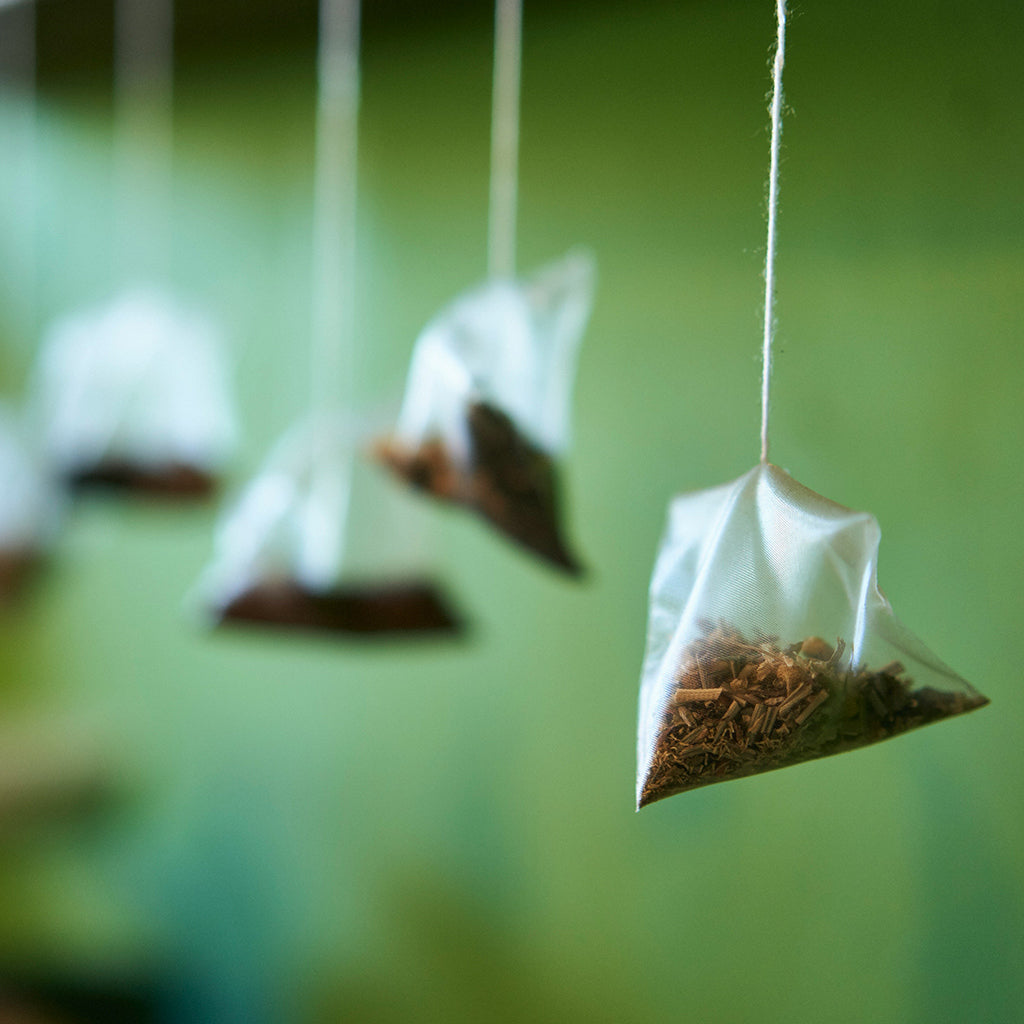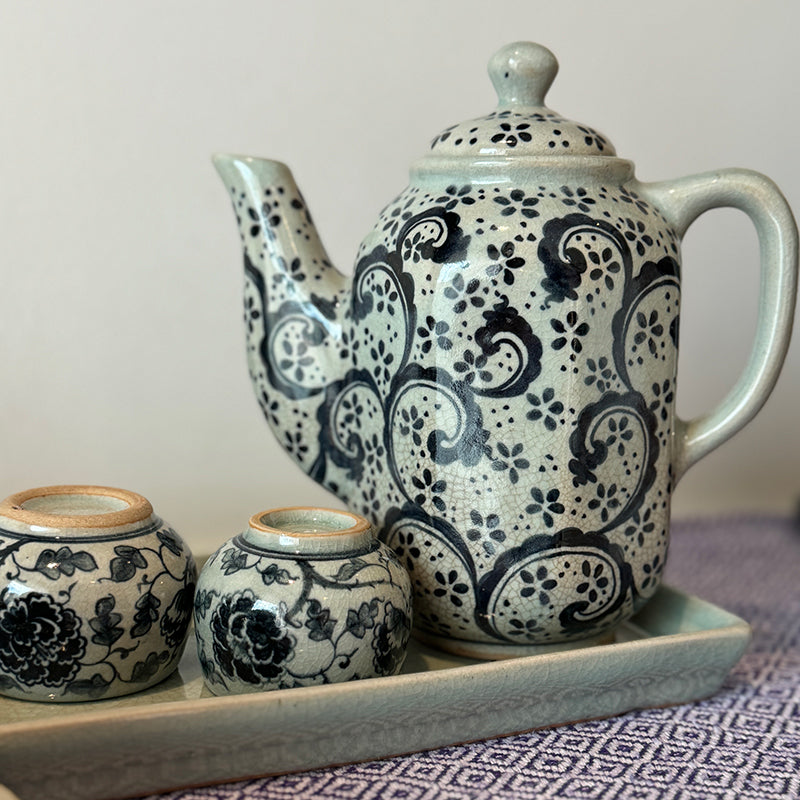Sip Back in Time - Sri Lanka's Coffee History before the Tea Craze
Once upon a time, long before the aromatic tea leaves blanketed Sri Lanka's hills, the island nation had a thriving coffee culture that played a significant role in shaping its rich history. Sri Lanka, then known as Ceylon, became a coffee paradise during the 17th and 18th centuries. This delightful journey takes us back to the days when coffee was king and spills the beans on Sri Lanka's coffee history before the tea revolution.
The Legend of the Coffee Seed
The enchanting tale of coffee's arrival in Sri Lanka begins with a captivating legend. As the story goes, a mystical Arab merchant named Baba Budan, while traveling from Yemen, concealed seven coffee seeds in his beard. Baba Budan recognized the potential of these beans and brought them to Sri Lanka, planting them in the lush mountains of Kandy. Thus, the Ceylonese coffee legacy was born.
Ceylon Coffee Plantations
The coffee plantations that emerged across the hills of Sri Lanka flourished under the island's favorable climate, high altitudes, and abundant rainfall. The British colonialists recognized the potential of this lucrative crop and began cultivating coffee on a commercial scale during the 19th century. By the mid-1800s, Ceylonese coffee had gained worldwide recognition for its exceptional quality, with beans being exported to Europe and beyond.


The Rise of Ceylon Coffee
Ceylon's coffee industry experienced exponential growth, and coffee soon became the country's primary export commodity. The coastal regions and highlands were adorned with sprawling coffee estates, showcasing a picturesque landscape that attracted visitors from around the world. The coffee trade brought immense wealth to the island, transforming Sri Lanka's economic landscape.
The Coffee Culture
Coffeehouses, or "kopi kade" as they were locally known, sprouted up in cities and towns, becoming vibrant social hubs for locals and travelers alike. These cozy cafes served as places for intellectual discussions, creative exchanges, and a cup of the finest Ceylonese coffee. The coffee culture in Sri Lanka became synonymous with hospitality, and the warmth of a cup of freshly brewed coffee brought people together in unity.
The Coffee Bean Varietals
Ceylon coffee was primarily of two varieties: Arabica and Robusta. Arabica, renowned for its exquisite flavor and delicate aroma, grew at higher altitudes, while Robusta, with its stronger and more robust flavor, thrived in lower regions. The diverse terroir of Sri Lanka imparted unique flavors to the beans, creating a delightful array of coffee profiles.


The Decline of Ceylon Coffee
The golden era of Ceylon coffee, unfortunately, met with an unforeseen nemesis - the coffee rust disease. Devastating outbreaks in the late 19th century wiped out vast plantations, causing an irreversible decline in coffee production. Many coffee estates were abandoned, and the once-prosperous coffee industry took a significant hit.
The Tea Takes Over
Amid the coffee crisis, a determined Scotsman named James Taylor stepped into the spotlight. Recognizing the potential of tea, Taylor began experimenting with tea cultivation in the region. His efforts bore fruit, and soon, tea plantations started replacing the coffee estates. By the early 20th century, tea had surpassed coffee as Sri Lanka's main export, and Ceylon Tea became synonymous with exceptional quality worldwide.
Remembering the Legacy
Though tea might have taken center stage, Sri Lanka's coffee legacy continues to be fondly remembered. Today, while strolling through the picturesque hills, remnants of the old coffee estates can still be spotted, a nostalgic reminder of the island's caffeinated past. Several artisanal coffee producers are reviving the art of growing and roasting coffee, creating specialty brews that pay homage to Ceylon's coffee heritage.

Sri Lanka's coffee history is a captivating tale of success, decline, and reinvention. From the legendary tale of Baba Budan to the rise and fall of coffee's prominence, it is a journey worth cherishing. So, the next time you sip on a steaming cup of Ceylonese tea, take a moment to sip back in time and savor the flavors of Sri Lanka's forgotten coffee past.




